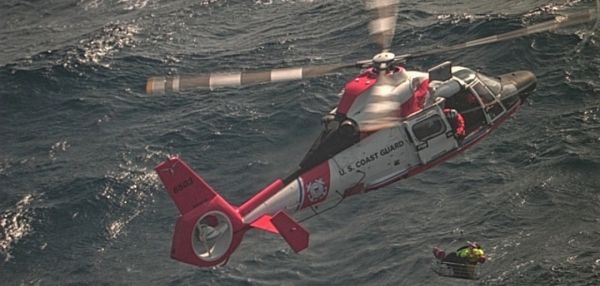NOAA’s satellite fleet, renowned for being the backbone of weather forecasts, also played a pivotal role in rescuing 304 people from potentially life-threatening situations throughout the United States and its surrounding waters in 2020 through other capabilities that fly on these satellites.
Of the 304 U.S. rescues last year, 217 were water rescues, 12 were from aviation incidents and 75 were from events on land. Florida had the most SARSAT rescues with 67, followed by Alaska with 29. The record for the most SARSAT U.S. rescues in one year was set in 2019, with 421.
NOAA’s polar-orbiting and geostationary satellites are part of the global Search and Rescue Satellite Aided Tracking system, or COSPAS-SARSAT, which uses a network of U.S. and international spacecraft to detect and locate distress signals sent from emergency beacons from aircraft, boats and handheld Personal Locator Beacons (PLBs) anywhere in the world.
Continue reading at NOAA
Image via NOAA


